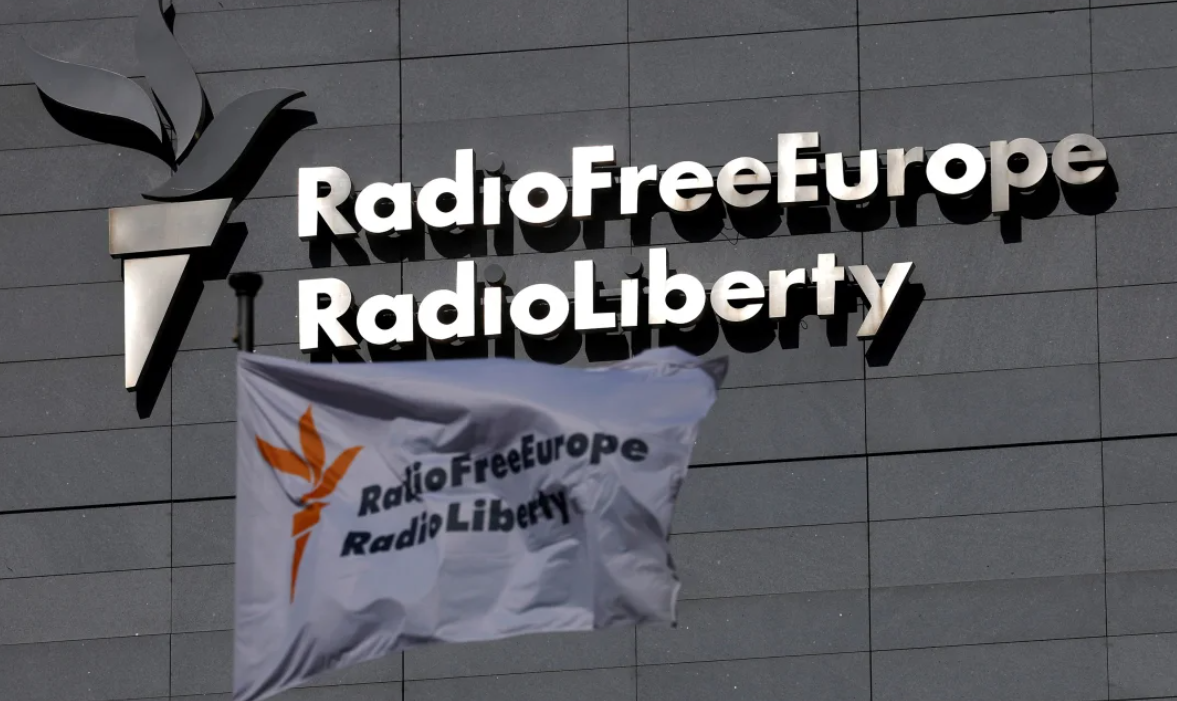
In an era where media independence faces growing challenges, several U.S.-government-funded international broadcasters have become emblematic of the struggle to uphold journalistic integrity amid political pressure. Outlets like Voice of America (VOA), Radio Free Europe/Radio Liberty (RFE/RL), and others under the U.S. Agency for Global Media (USAGM) have navigated a contentious relationship with former President Donald Trump, whose administration sought to influence their editorial direction. Despite these pressures, these networks have continued their mission to provide uncensored news to global audiences, reinforcing their legacy as pillars of free press.
A Legacy of Democratic Ideals
Established during the Cold War, VOA and RFE/RL were conceived as tools to counter authoritarian propaganda, particularly from the Soviet Union. Their founding principles emphasized truth, transparency, and the promotion of democratic values, operating under a legislative “firewall” designed to insulate their reporting from political interference. This firewall, codified in laws like the Smith-Mundt Act, legally barred U.S. officials from dictating content, ensuring that journalistic decisions remained in the hands of professionals rather than policymakers. For decades, these outlets have served as critical information lifelines in regions where press freedoms are restricted, from Russia to Iran and beyond.
Trump’s Assault on Editorial Independence
The Trump administration marked a turning point in the broadcasters’ history. The former president repeatedly criticized VOA, accusing it of spreading “fake news” and being a mouthpiece for the “deep state.” His grievances often centered on coverage he deemed unfavorable, such as reporting on his handling of the COVID-19 pandemic or racial justice protests. In 2020, Trump escalated his efforts by appointing Michael Pack, a conservative filmmaker and ally, to lead USAGM. Pack swiftly moved to purge leadership across the networks, ousting heads of RFE/RL, VOA, and the Office of Cuba Broadcasting. His tenure saw controversial actions, including hiring partisan figures, attempting to install loyalists in editorial roles, and launching investigations into journalists accused of anti-Trump bias.
Pack’s leadership drew bipartisan criticism. Employees and press freedom advocates warned that his moves threatened to erode the firewall, undermining the credibility of networks revered for their impartiality. For instance, Pack’s team attempted to block RFE/RL from renewing its license in Russia, a move that could have silenced a crucial independent voice in a country where state-controlled media dominates. Meanwhile, VOA journalists faced scrutiny for adhering to their mandate to “tell America’s story,” even when it involved covering divisive domestic events like the Black Lives Matter protests or the Capitol riot.
Resistance from Within
Despite these challenges, the broadcasters’ journalists and leadership pushed back. Career staff at VOA and RFE/RL publicly defended their work, emphasizing their commitment to balanced reporting. In one notable instance, VOA’s White House bureau chief publicly contradicted Trump’s claims about the network’s coverage, asserting that their reporting reflected a diversity of perspectives, not political bias. Similarly, RFE/RL continued its bold reporting in authoritarian regions, such as exposing corruption in Central Asia and covering pro-democracy protests in Belarus, even as its journalists faced harassment and detention.
The resistance also took legal form. A federal judge temporarily blocked Pack’s attempts to replace boards overseeing the networks, citing concerns over violations of statutory protections. Employees filed lawsuits alleging wrongful termination and political retaliation, while whistleblowers within USAGM leaked documents revealing efforts to align coverage with Trump’s agenda.
Biden’s Restoration and Ongoing Challenges
The election of President Joe Biden in 2020 brought swift changes. Pack resigned hours after Biden’s inauguration, and the new administration moved to restore the networks’ independence. Amanda Bennett, a former VOA director ousted under Pack, returned as USAGM CEO, pledging to rebuild trust and reaffirm the firewall. Investigations into Pack’s tenure uncovered potential misuse of funds and unethical personnel practices, further discrediting his leadership.
Yet, the fallout from the Trump era lingers. The episode exposed vulnerabilities in the legal safeguards meant to protect these broadcasters, prompting calls for stronger legislative measures. Moreover, the global media landscape has become increasingly fraught, with authoritarian regimes like China and Russia expanding their state-run propaganda networks. In this context, the role of U.S.-funded outlets as unbiased news sources is more vital than ever.
The Global Impact of Independent Reporting
The significance of these broadcasters extends far beyond U.S. politics. For millions worldwide, they are a primary source of reliable information. RFE/RL’s Persian-language services, for example, provide Iranians with uncensored news amid government crackdowns, while VOA’s Mandarin service counters Chinese Communist Party disinformation. Their reporting often comes at great personal risk: journalists from these networks have been imprisoned, threatened, or expelled for their work.
Critics argue that U.S.-funded media cannot be truly independent, given their government ties. However, their editorial autonomy—when upheld—distinguishes them from state-controlled propaganda outlets. As former VOA director Robert Reilly noted, “Our credibility rests on our ability to report the truth, even when it’s uncomfortable for the U.S. government.”
Conclusion: A Testimony to Press Freedom
The defiance of U.S.-funded broadcasters against political pressure stands as a testament to the resilience of independent journalism. Their struggle during the Trump administration underscores the perpetual need to vigilantly guard press freedoms, both domestically and globally. As these networks continue their mission, their ability to resist politicization will remain critical not only to their credibility but to the broader fight for democracy in an age of misinformation. In the words of RFE/RL journalist Myroslava Petsa, “We don’t serve any government; we serve the truth.” For audiences worldwide, that truth remains indispensable.